With food science practices continuously being updated, there is now more guidance than ever on which foods are safe and which could have severe consequences.
One of these ingredients is BVO, also known as modified vegetable oil, which has been considered dangerous by the FDA and is set to be banned in all soda drinks.
BVO Is Used in Citrus Soda Drinks
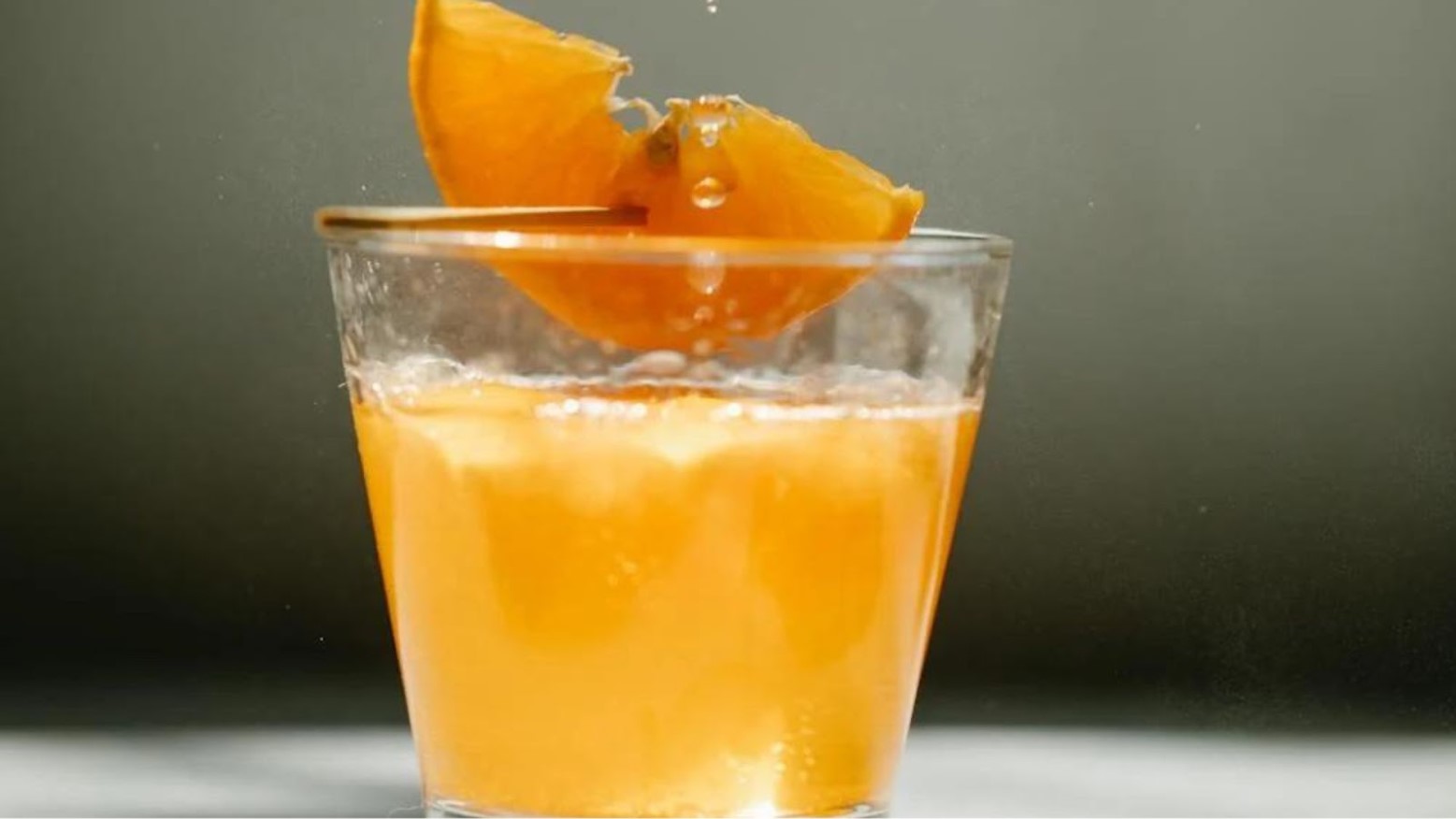
BVO has been commonly used in citrus soda drinks to help keep the tangy taste consistent throughout, according to Science Alert.
When BVO is put into triglyceride, it creates a dense oil that floats evenly throughout the water when it has been mixed with fats that aren’t as dense, which is how citrus soda drinks get their taste evenly mixed.
A Toxicology Report Sparked the Ban
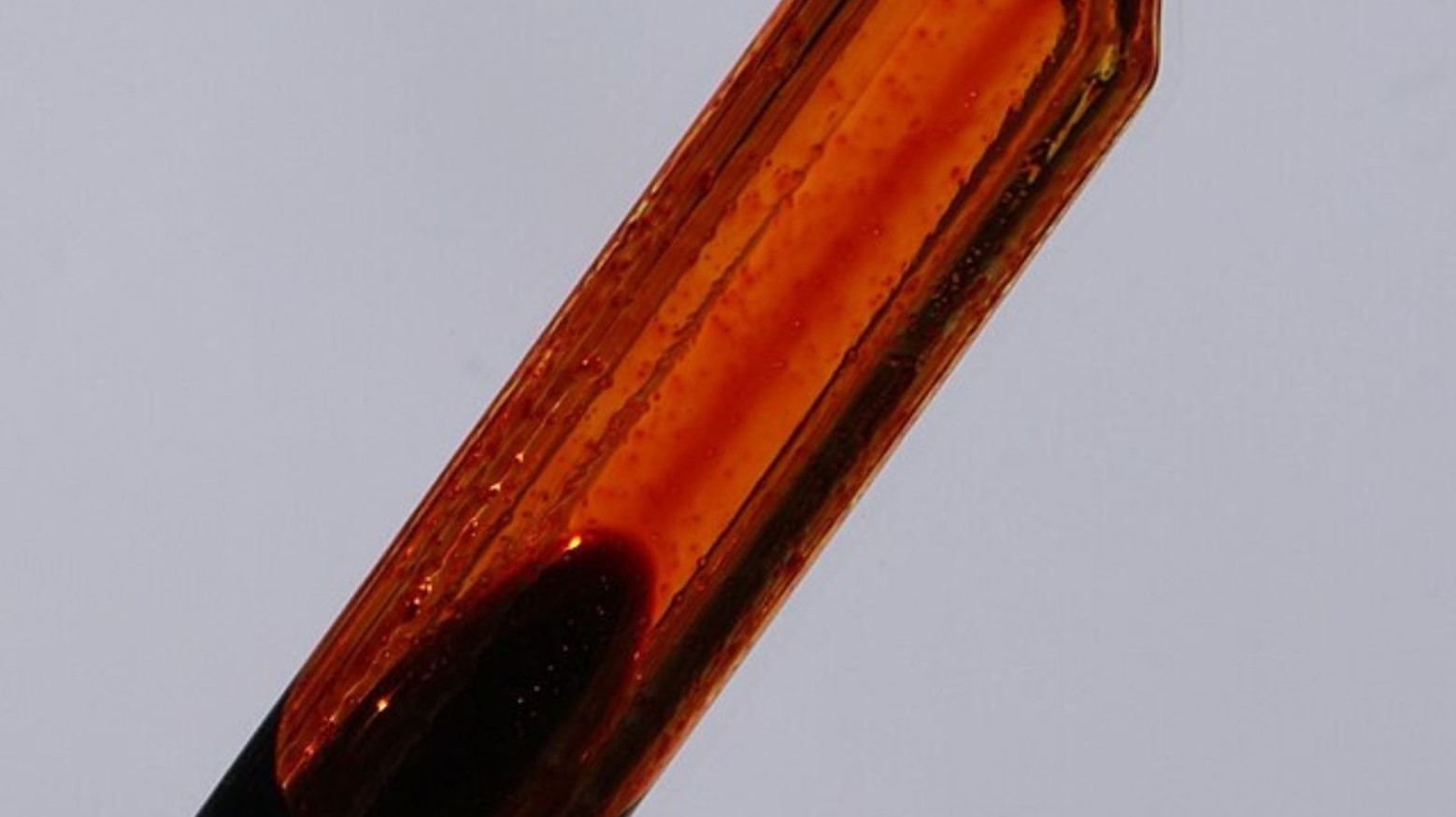
A report published in Science Direct in 2022 has sparked the FDA to ban this product due to its findings.
This study confirmed the results of other studies that were similar in that the oral consumption of BVO leads to increased levels of organic and inorganic bromine, as well as causing toxicity in the thyroid.
BVO Has Been Studied Extensively for Decades

This isn’t the only study done by the FDA on BVO, as this ingredient has been studied for decades with varying results.
In the 1950s, the FDA classed FDA as Generally Recognized As Safe (GRAS), but removed this classification in the 1970s, as stated in the FDA press report.
A 1970s Study Showed the Effects of BVO

A study was carried out in the 1970s on BVO and its effects on the human body.
The study was published in the British Journal Of Nutrition, where it found that high levels of BVO are linked to heart and behavioral issues.
There Are Other Harmful Side Effects of BVO

The Center for Science in the Public Interest states that BVO can cause issues with the central nervous system, including headaches, nausea, memory loss, and loss of coordination.
However, bromine toxicity exposure is mostly through occupation, such as agriculture and sanitation workers, but can still happen through soda drinks.
Soda Drinks Have Other Harmful Ingredients
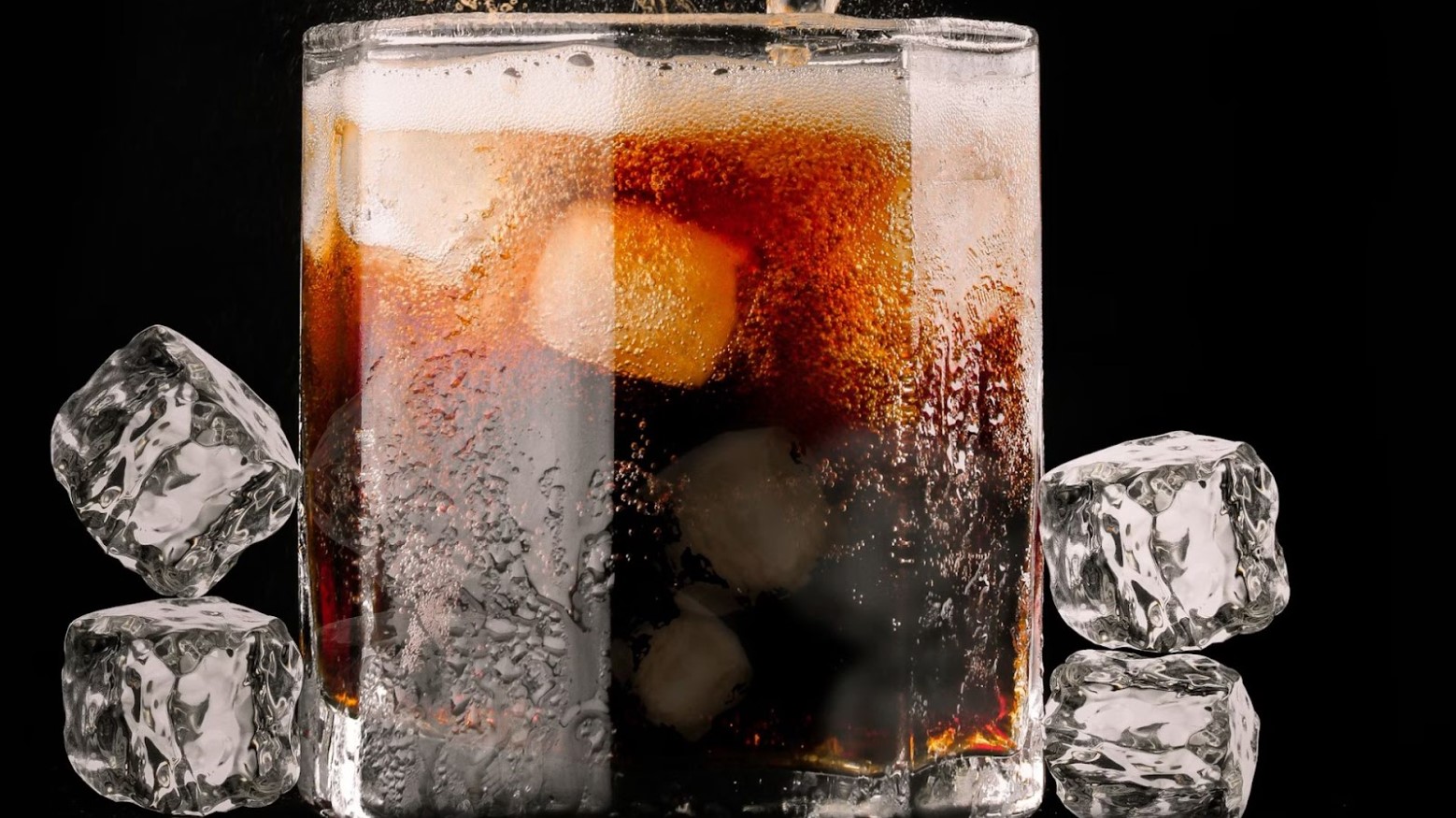
Aside from soda drinks, other harmful ingredients are still present in soda drinks.
They contain high levels of sugar and sweeteners, additives, and synthetic food dyes, which is why Live Strong suggests people drink water instead.
BVO Has Already Been Banned in Multiple Countries
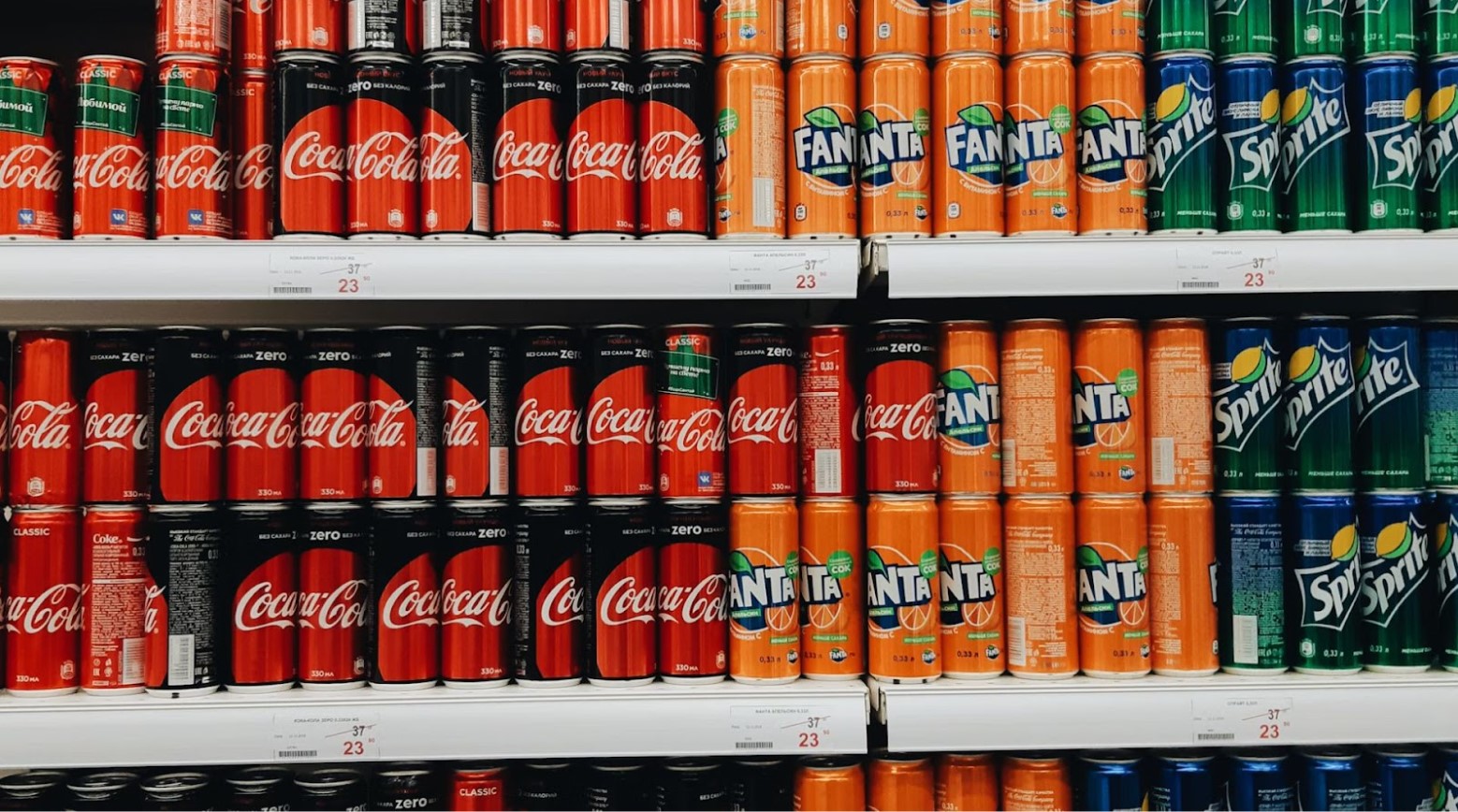
BVO being banned isn’t a new concept as it has already been banned in multiple countries outside of the US.
It’s been banned in China, Japan, and various countries within the European Union.
California Has Taken the Lead on Banning BVO

With other US states yet to follow suit, California has already proposed to ban BVO and several other harmful food ingredients per the California Food Safety Act, according to CNN Health.
These bans should come into place in 2027. Along with this, other food ingredients being banned include red dye No. 3, potassium bromate, and propylparaben.
Major Soda Companies Have Already Phased Out BVO
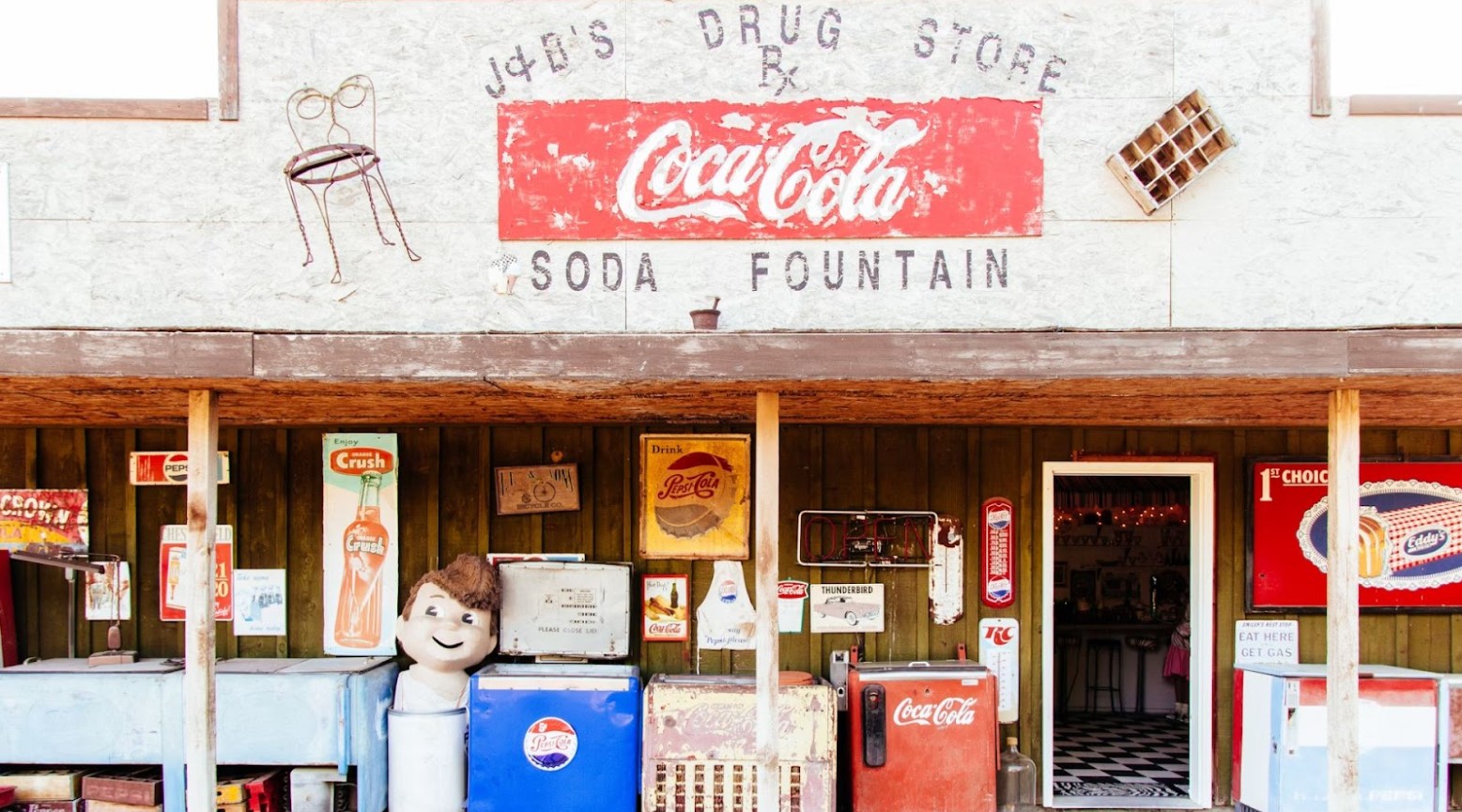
Many soda drinks in the US do not contain BVO, as some companies began phasing it out over a decade ago.
Pepsi Co. and Coca-Cola Co. began phasing BVO out of their drinks in 2014. According to NPR, they have replaced it with other emulsifiers, such as sucrose acetate isobutyrate and glycerol ester of rosin.
Consumers Are Unlikely to Notice a Change in Their Beverages
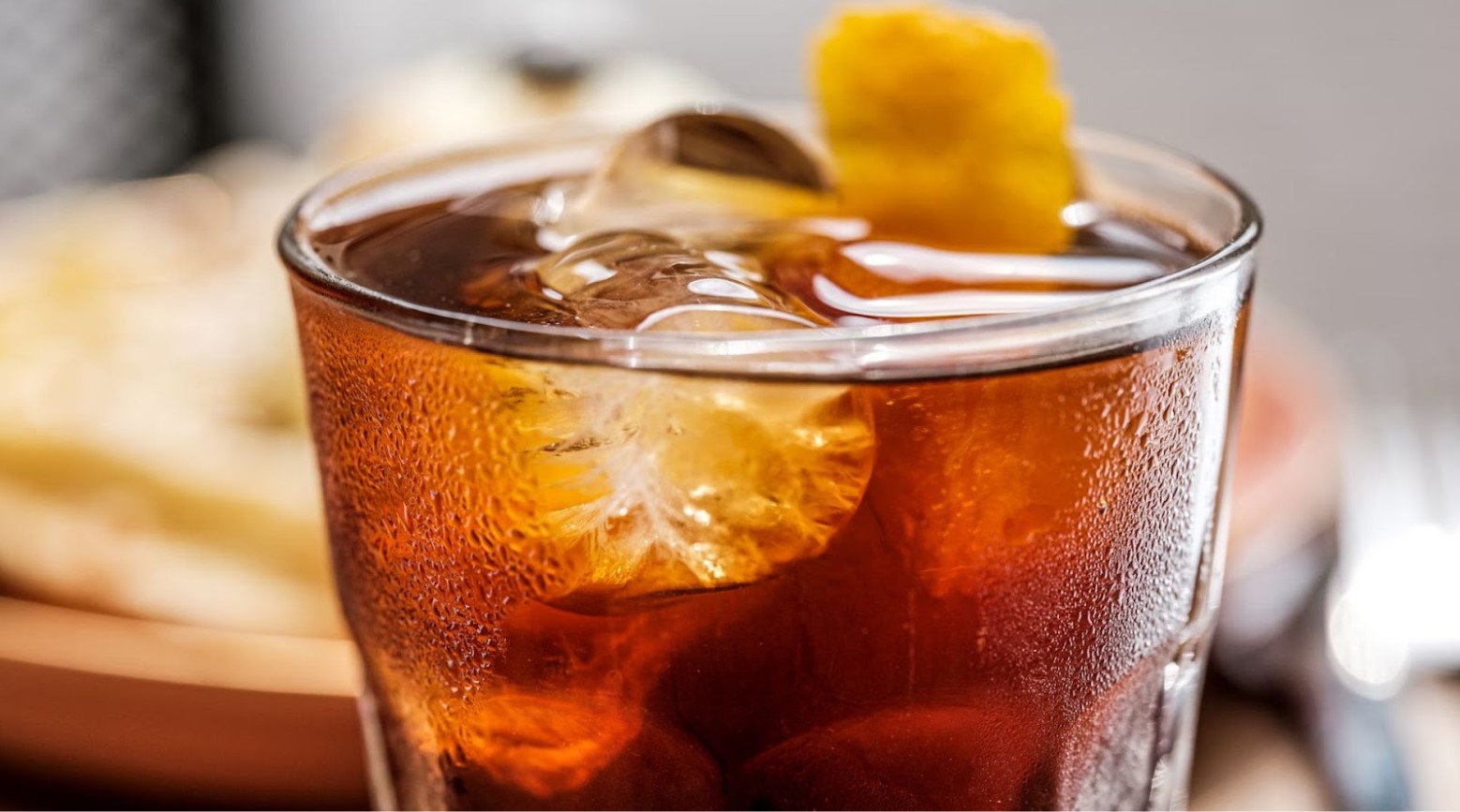
One worry for consumers when a company changes its ingredients for whatever reason is what the effect on them will be, especially regarding the taste.
However, as most soda drink companies have already been phasing BVO out of their products, consumers are unlikely to notice any changes. But, one question this has raised is on how well the FDA regulates the food industry.
The FDA Has a Proposal for a New Program

Due to how fast science is changing and the changing mood surrounding foods and ingredients that may or may not be good for humans, the FDA has decided to act on this.
The FDA has proposed a Unified Human Foods Program and a New Model for the Office of Regulatory Affairs to help improve the general nutrition of the public and regulate food supply, which they announced on the FDA website.








































